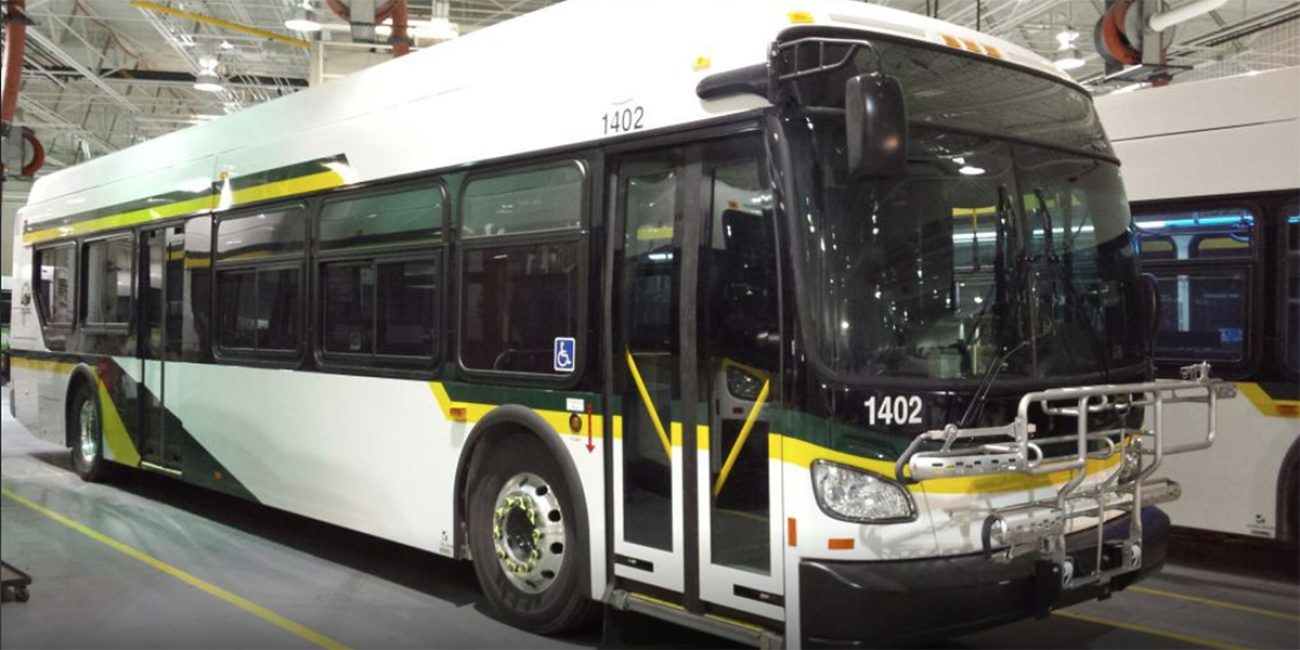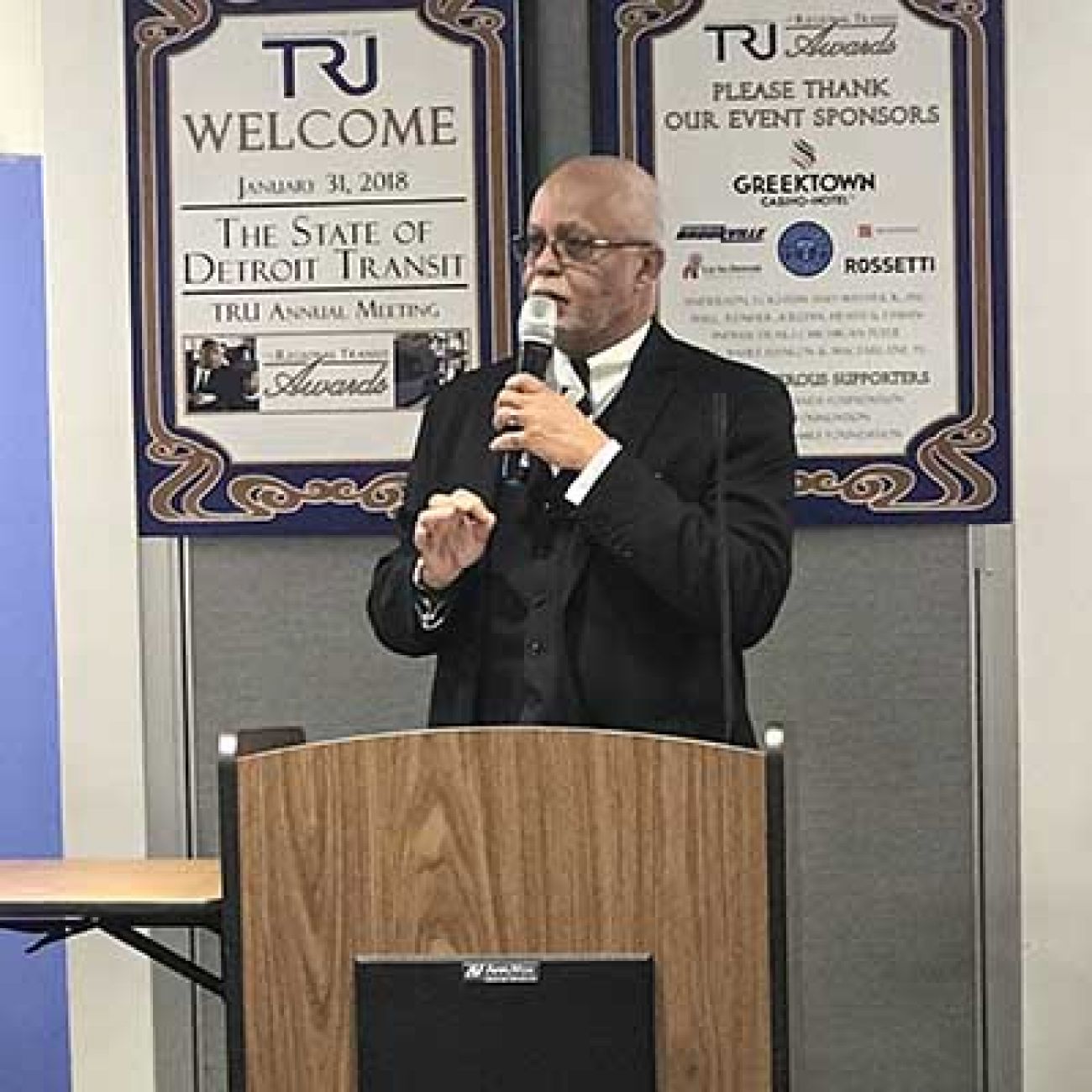As mass transit talks slow, will Wayne, Washtenaw counties go it alone?


A few weeks ago, southeast Michigan leaders seemed ready to announce their support of a tax plan to improve regional transportation.
What a difference a month makes.
Now, talks between leaders of Detroit, Oakland, Wayne, Macomb and Washtenaw counties are so fragile that some public officials and transit advocates are publicly discussing narrowing the tax to fund light rail and improved buses to only Wayne and Washtenaw counties.
June 2018 update: Detroit regional mass transit plan dead for 2018
Guest commentary: Get real. Detroit wasn’t ready for Amazon. So don’t blame transit.
The scenario would be a huge blow to advocates who have lobbied for mass transit for 50 years. But the thinking is some light rail and bus improvements would be better than none, and Oakland and Macomb could eventually come on board.
Last week, during a transportation advocacy group’s meeting in Detroit, Wayne County Executive Warren Evans acknowledged officials have discussed limiting a tax request from the Regional Transportation Authority of Southeast Michigan to the two counties. But Evans said he still hopes Oakland and Macomb leaders will endorse a four-county tax, and bring it to voters this fall.
“I’m optimistic. Am I going to bet my life’s savings? Probably not,” Evans said.
Chair of the Washtenaw County Board of Commissioners Andy LaBarre, who didn’t attend the meeting, told Bridge Magazine he’s keeping all options open.
“I’m fully in support of getting RTA on the ballot,” LaBarre said. “But we’d be foolish not to at least have thoughts in the back of our minds if, for whatever reason, it doesn’t pass.”
The talks come more than 15 months after southeast Michigan voters rejected a $3 billion, 20-year tax for buses and trains. The 1.2 mill tax ballot measure lost by about 1 percentage point, fueled by opposition from voters in Macomb and Oakland counties.

Southeast Michigan is the largest metropolis in the United States without rapid regional transit. Business leaders have suggested that is one reason why Detroit didn’t make the cut in retail giant Amazon’s search for a second national headquarters.
“When (the ballot proposal) lost before …. we didn’t have the enthusiastic support of all the leaders,” Evans said.
“We will win if we get enthusiastic.”
Public enthusiasm has dampened significantly in recent weeks from suburban elected officials.
In a meeting in forum in late January at the Detroit Economic Club, Oakland County Executive L. Brooks Patterson said “we don’t have a plan,” and joked about a long-discontinued light rail in Pontiac.
Oakland County spokesman Bill Mullen told Bridge the county expects to continue RTA negotiations for another 45 days.
But Macomb County officials are taking a “step back” and considering long-term financial impact of a regional transit plan, John Paul Rea, the county’s director of planning and economic development, told Bridge.
The county’s immediate needs are roads, Rea said. In the past few weeks, Sterling Heights released a five-year plan that needs $77 million in road funding while Clinton Township expects to ask voters for a 1.9 mill tax for roads in August, he said.
“Transit is an imperative building block of this region, but when we are faced with the realities of funding and long-term viability, we need to figure out how we can use resources in the best and most impactful way,” Rea said.
Paul Hillegonds, chairman of the RTA board, said a transit plan that does not include Macomb and Oakland, but only builds light rail and new bus rapid transit routes only in Wayne and Washtenaw would be expensive for residents in those two counties.
“Whether that can work is still a huge question mark,” he said.
(Editor’s note: Hillegonds is a member of the steering committee for The Center for Michigan, of which Bridge Magazine is a part.)
Crunch time
As the negotiations drag on, time is running out to get a tax measure onto the ballot this year.
The RTA board, comprised of appointees from the four counties, and advocates have said that the leadership needs to make a decision soon to support for a transit millage for November’s ballot so that a public campaign to educate voters can start as soon as possible.
Further complicating matters is that a request to renew taxes for suburban bus service also is on the ballot in August. The 1-mill tax from the Suburban Mobility Authority for Regional Transportation, known as SMART, would cost owners of homes assessed at $100,000 in Wayne, Oakland and Macomb counties $100 per year and raise $70 million per year for four years for the bus system.
So, if the regional leaders decide to support a regional transit ballot measure, not only would the RTA have to educate voters about the benefits and costs of a regional transit millage, but also educate voters on how it would differ from the SMART tax renewal.

Every day of negotiations that passes without a decision from the regional leaders takes away time that RTA needs to raise money for a campaign for the potential ballot measure. Consultants said as much as $6 million may be needed to educate voters, Hillegonds said.
In January, Bridge reported that leaders in the four counties and Detroit had indicated they would support the four-county RTA tax if the governance structure of the RTA changed. That is likely off the table now, Hillegonds said, because it would require a change in state law, which could take too long and keep the millage request from making it onto the November ballot.
Guest opinion: Get real. Detroit wasn’t ready for Amazon. So don’t blame transit.
Savannah Robbins, 24, of Detroit, has lived in the city’s New Center neighborhood for seven years without a car. She said if the regional leaders do not support new mass transit, that should not be the end of the discussion because residents need more options. The city and county should invest more in connecting and improving SMART and the Detroit Department of Transportation buses, she said.
“Plan B can be to keep building up SMART and DDOT. We have those those, they can’t that away,” Robbins said.

Megan Owens, executive director for Transportation Riders United advocacy group, said a tax that includes only Wayne and Washtenaw could be viable.
Among other things, it could add a commuter train connecting Ann Arbor and Ypsilanti to Dearborn and Detroit and add bus rapid transit to get workers to jobs in communities that opted out of the suburban bus system, such as Livonia and Canton Township.
“A four-county plan is ideal,” Owens said. “We have got to make these investments and if Wayne and Washtenaw make these investments to start, that’s a heck of a lot better than nothing.”
See what new members are saying about why they donated to Bridge Michigan:
- “In order for this information to be accurate and unbiased it must be underwritten by its readers, not by special interests.” - Larry S.
- “Not many other media sources report on the topics Bridge does.” - Susan B.
- “Your journalism is outstanding and rare these days.” - Mark S.
If you want to ensure the future of nonpartisan, nonprofit Michigan journalism, please become a member today. You, too, will be asked why you donated and maybe we'll feature your quote next time!